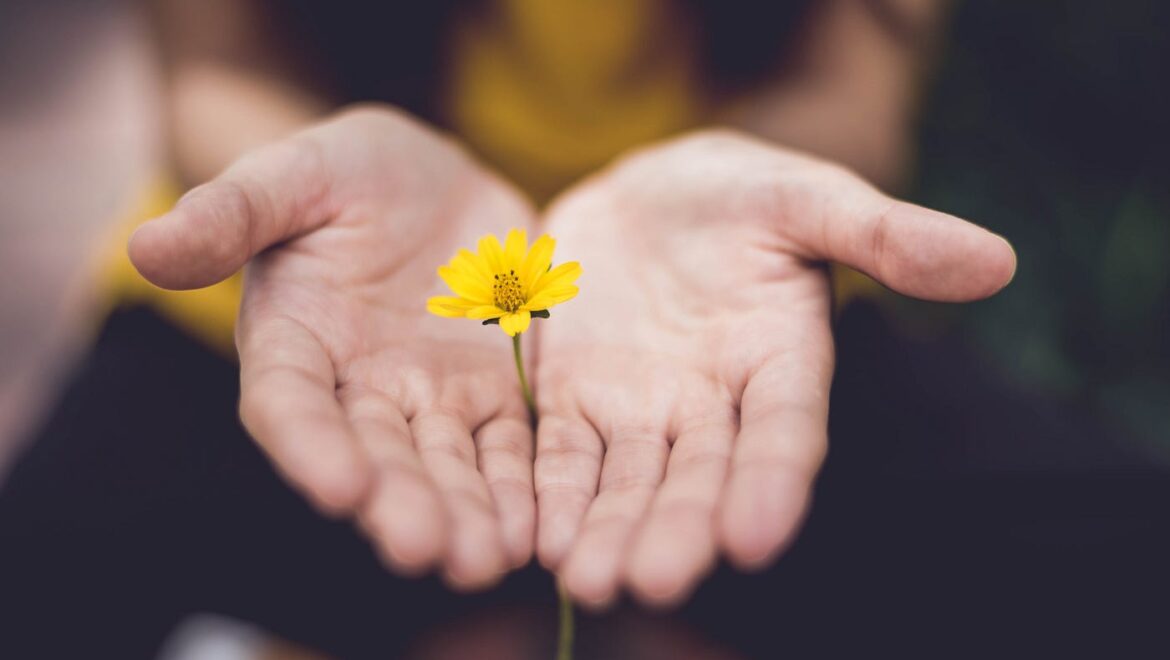We Could Reduce Our Entire Life Strategy to Doing Just This: Relax and Let the Clouds Pass
As many of you know, I love to write about ways that we can simplify the living of our lives. It’s about reducing the amount of “Should I do this or that? Or something else? I’m so confused and overwhelmed!” that we have to deal with.
Wouldn’t it be great if we could reduce everything to one construct?
Today’s article seeks to do exactly that. And here it is. All we need to do is…
Relax and let the clouds pass.
We do that and we’re golden.
Let’s start with the quote by Eckhart Tolle that underlies this concept (something I wrote a separate article about — link here). That quote is:
“You are the sky. The clouds are what happens, what comes and goes.”
The key is that clouds are life. Things happen. Good, bad, and indifferent. Experiences come and then they go, just like clouds in the sky.
What are examples of the clouds as life? Literally, everything that happens to us, big and small.
– We back up in the parking lot and smash someone’s fender.
– We fall head over heels in love.
– Someone breaks up with us and we feel broken beyond repair.
– We get accepted to Harvard Law School.
– Our spouse accidentally takes both sets of car keys leaving us stranded at home when we have an important meeting to get to. [My wife did this to me when I had a meeting with Leonardo DiCaprio’s company about him playing Theodore Roosevelt in the movie I wrote. I had to wait a month for another appointment. Yes, I was livid, but it makes for a good story!]
So we could look at life as a long series of clouds passing by us. Great.
The problem is that we don’t simply act like the sky and watch the clouds come and go. We do for most things.
You look out your window and a car passes by. That’s it. We let that experience pass right on by. No problem.
Still tormented by divorce
But, to take a significant example, when you got divorced ten years ago, you didn’t let the experiences/clouds you had with your wife pass by. In fact, ten years later, you still ruminate about what an awful person she is.
That’s an example of clouds coming up and, instead of letting them pass, we hold onto them. And the problem with that is…
It ruins our lives.
Yes, the clouds that we hold onto and don’t let pass through just sit there, as energy, tormenting us for life.
So what do we do about that? We let them pass when they come up.
When you see your ex-wife out to dinner with her new boyfriend, yes, it stings. The key is what you do about it.
Do you skulk out of the restaurant, go home, and drink yourself into oblivion? Or go over to their table and pour water in her face? No.
What you do is…
Relax and let the clouds pass.
If the key to life is letting go of our stuff — the difficult clouds — then the key to letting those clouds pass is to RELAX.Why?
Think about it. Imagine something painful coming up and trying to deal with it from a place of tension and tightness. It’s impossible.
Relaxing, all over our body, especially in the head, chest, and stomach areas, is essential to letting go. I even wrote an article about why I think relax is the most important word in all of spirituality (article link here).
The takeaway
That’s all we have to do in life: Relax and let the clouds pass. All day long. Every day.
Experience life…then let it go. Experience the next thing that happens…then let it go.
It’s easy to visualize. We simply see ourselves as the big, blue sky (which is our deep ‘I’ consciousness) and everything that happens as a cloud passing by.
And we practice relaxing. So we can let those difficult clouds, like seeing our ex-wife out to dinner with her new beau, move past.
And unload some psychic baggage in the process.









